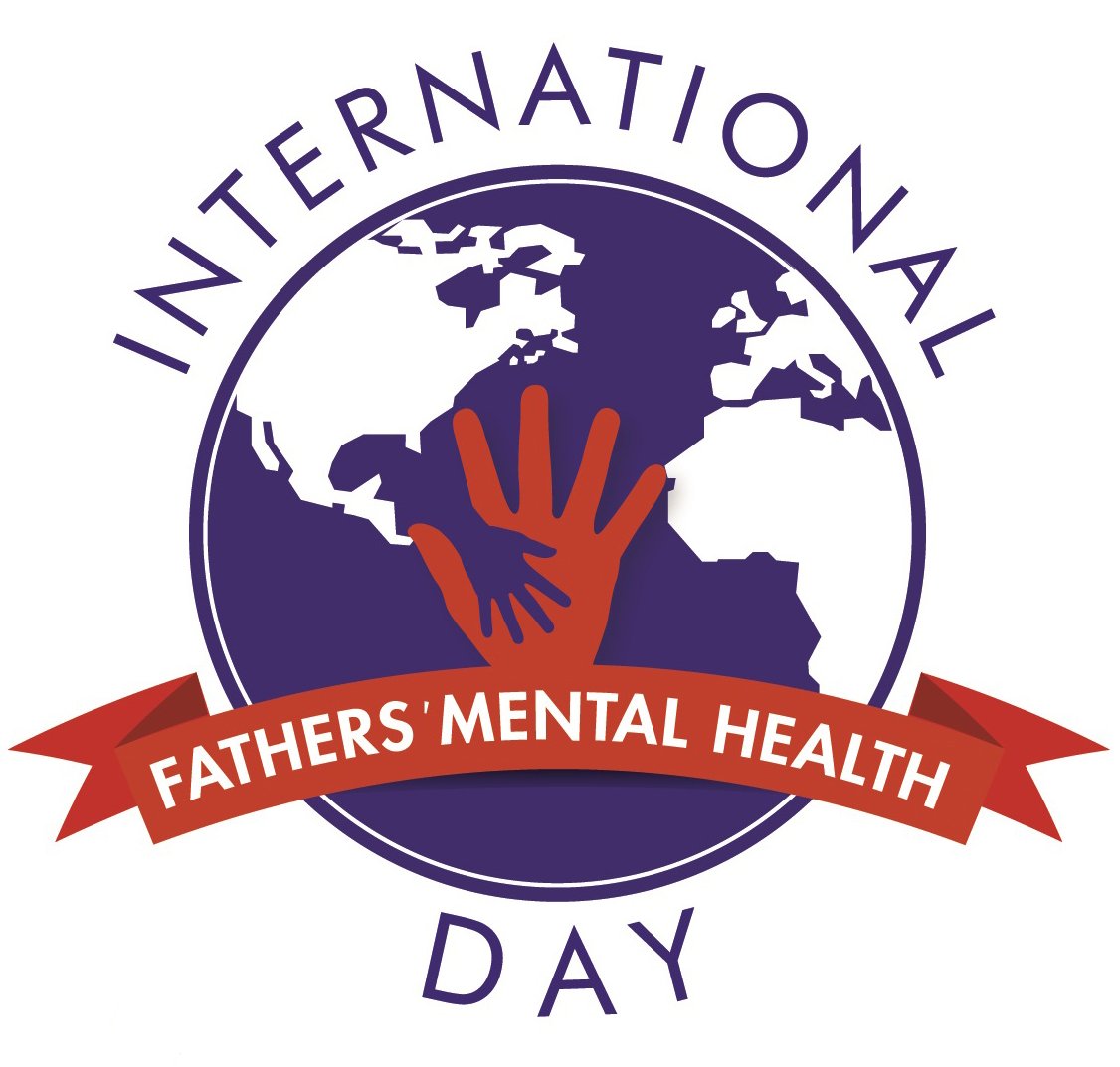On June 18th, International Fathers’ Mental Health Day will raise awareness globally about the need to get better support for dads. Around 10% of fathers can experience mental health problems in the first year following the birth of their child. The international campaign is being led from the UK by Dr Andrew Mayers (a mental health campaigner and educator at Bournemouth University) and Mark Williams (a Bridgend dad who developed mental health problems after his wife experienced birth trauma, but is now a global campaigner for parents). They are working with partners in the USA and Australia.
Dr Mayers’ work focuses on aiming to get better mental health support for mothers and fathers but is particularly motivated to get more help for dads. He said “My research and professional work shows that fathers are not getting the support they need. The causes of mental health problems, such as postnatal depression, are every bit as relevant for dads as they are for mums. Often, the perception is that postnatal depression is hormonal, so could not possibly affect fathers. But hormones only play a small part. Environmental and social factors, such as social support, poverty, relationships changes, education, and stigma, are a much better predictor. These equally apply to dads.
“Not only that, men find it much harder to seek support for emotional problems, often because of stigma and societal perceptions. It’s not thought manly to express emotion. But the impact of mental illness for men can be catastrophic. The biggest killer of men under 45 is suicide. The main factor in suicide is poor mental health. Men are more likely to take their own lives, if they do talk about their mental health problems.”
Mark co-founded International Fathers’ Mental Health Day in 2016 with Dr Daniel Singley (a psychologist based in San Diego, California). Since then, the event has grown each year. Mark said, “We need to think family when it comes to perinatal metal mental and remember that if dad is the only one struggling that will impact on the whole family if unsupported.”
The US team also includes Dr David Levine, a psychiatrist based in New York, who also has his own experience of living with postnatal mental health difficulties. This year, the international team is joined by Dr Bronwyn Leigh, Director of the Centre of Perinatal Psychology in Australia, adding to the global reach of this influential event.
Throughout the day, there will be a series of blogs, stories, press releases and resources shared by charities, support groups, health professionals, and families who have experienced the impact of poor mental health in fathers. Key events include a Facebook Live session at 3pm, hosted by Dr Mayers from Bournemouth University via the International Fathers’ Mental Health Day Facebook page. There will use be a live Twitter chat at 19.00 (via #DadsMHDay).
Dr Mayers said “At the very least, we hope to raise awareness about fathers’ mental health and I really hope that we can encourage more men to come forward to seek help. The next challenge will be to ensure that we have the services and support networks to meet that demand.”












